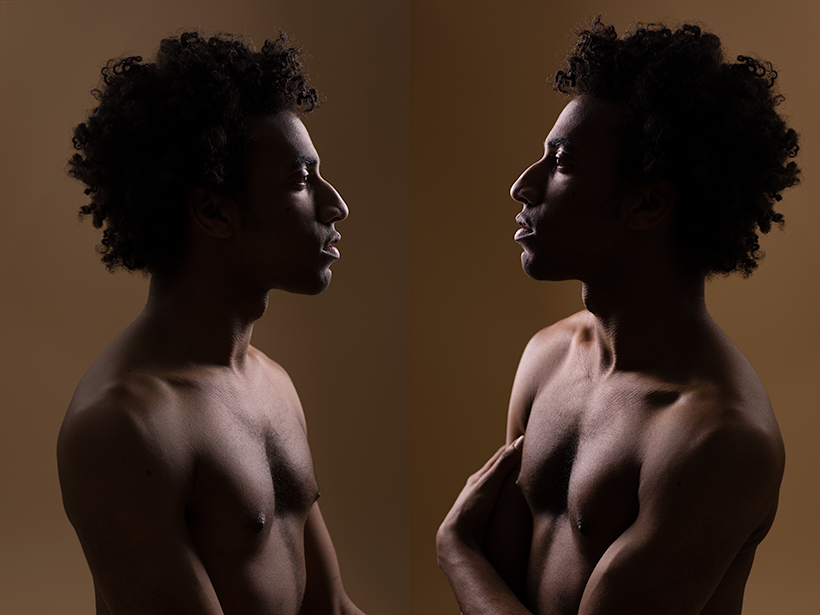
Major: Studio Art
Before Amherst, lived in: Detroit
On belonging:
The opponent to being able to feel like you belong is the feeling of alienation. So, to belong somewhere is feeling a complete wholeness in the self. What we have been sort of grappling with on campus, and in the world, is this: Are we looking for acceptance, or are we looking for tolerance? I think belonging fits much more into acceptance—having a space where you are respected for who you are as opposed to just sort of being tolerated. What we should be striving for in the world is a general acceptance of our differences and the differences of our humanity, not just a tolerance of, “Well, what you’re doing is fine.” And even within acceptance there can be disagreements, but there’s a bit of tolerating an opposing mindset or something abstractly different from you.
I’m sort of hoping that this artful project will usher this in. I want this to get students involved and interested. And hopefully, if it’s in the right place and if it’s published at the right time, we’ll pull some people in who don’t even have an awareness of how some people feel on campus.
On being photographed:
The act of representing myself as undressed is a way to sort of combat modes of performance that I struggle with in my daily life—the way I’ve been taught to perform masculinity or to perform how smart you are. I was raised in the organization of Jehovah’s Witnesses, which is very strict. You are told to dress a certain way that fits the standards presented within the Bible. My father and all of my uncles are very, very masculine. Deep voice. My father all the time would tell me to “Put bass in your voice.” At the Kingdom Hall, you wear a suit and tie, and then you go out into the world where we’re literally knocking, going door to door and talking. Same attire.
On campus, there’s a big level of performance because it is such an elite institution. I feel like everyone here has this sense that, “Well, everyone’s got it together, so I need to be on top of my game in class.” The undressing is sort of a look into the inner voice.
There’s various associations that I hope people can connect with this image, and adds to this dialogue of combating stereotypes of black men. I’ve been told that I can come off as intimidating. I feel like if I were to be looking at the camera head-on, even that gesture would be read as confrontational. The full-frontal gaze is a very masculine-coded image. The profile is a good way visually to lead to another image or to lead in between images. In that way, it allows people to think about, “Well, what’s going on in his head?” rather than, “What is he confronting me about, or what is he trying to make me feel?”
People often say that pictures have a thousand words. But it’s the opposite: the picture generally should have no words, and the thousand narratives and words are what the viewer brings into the image.